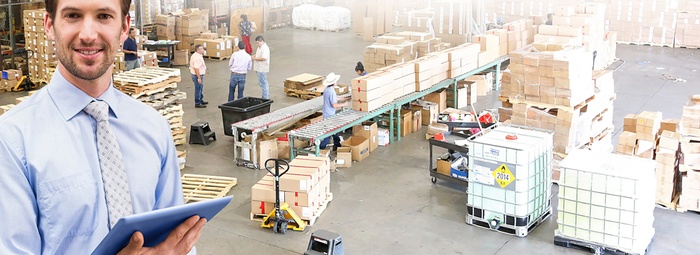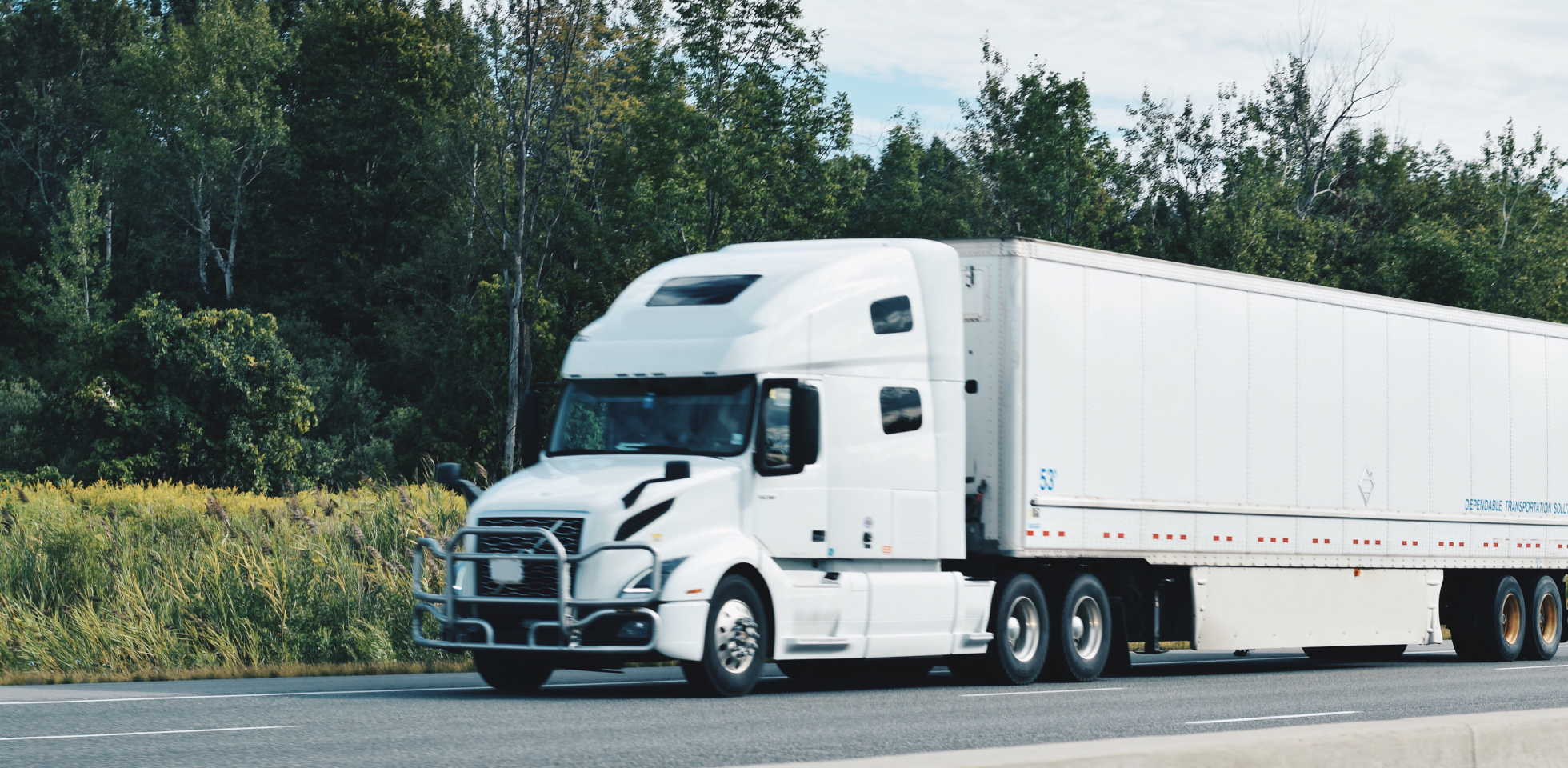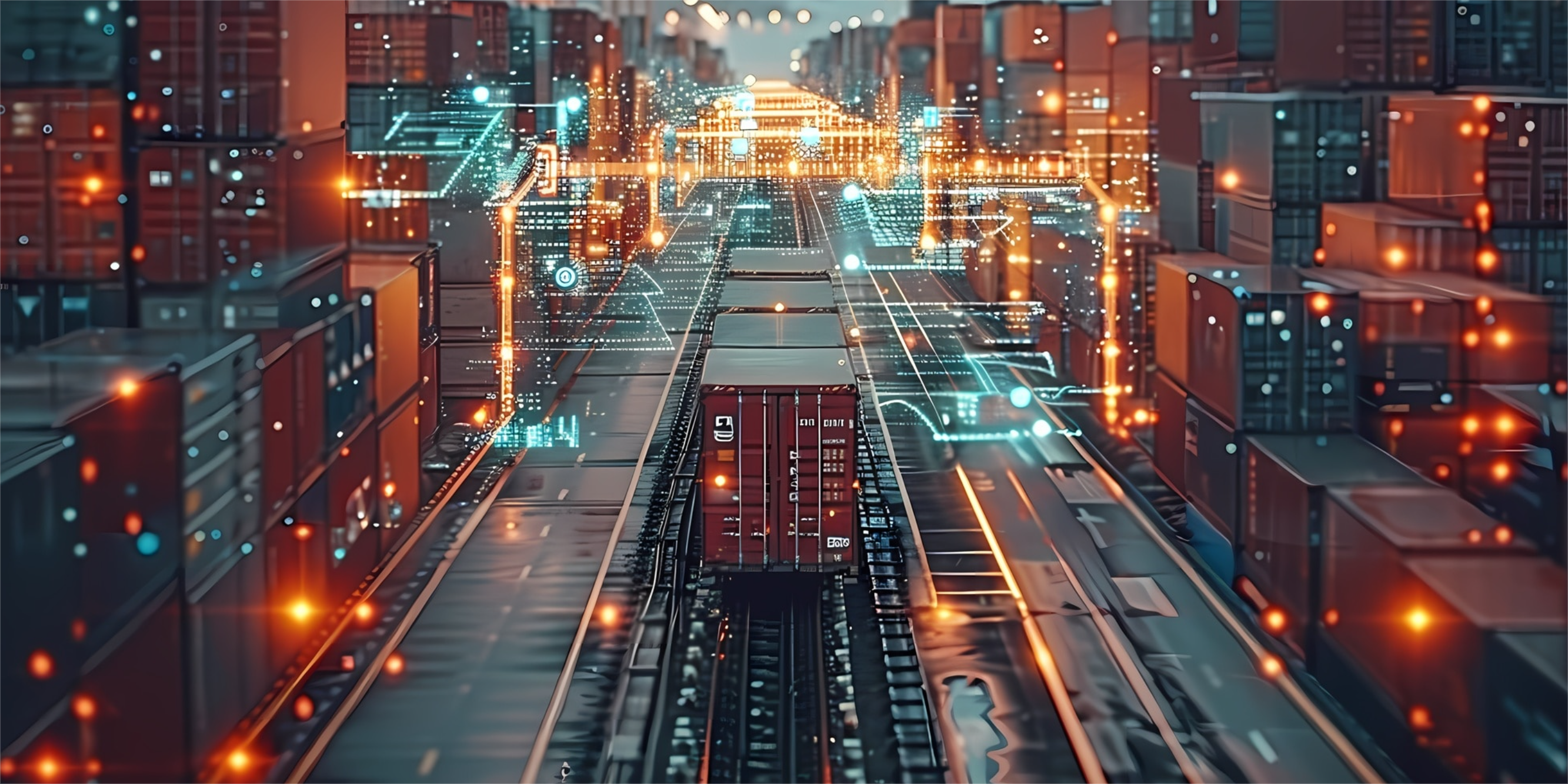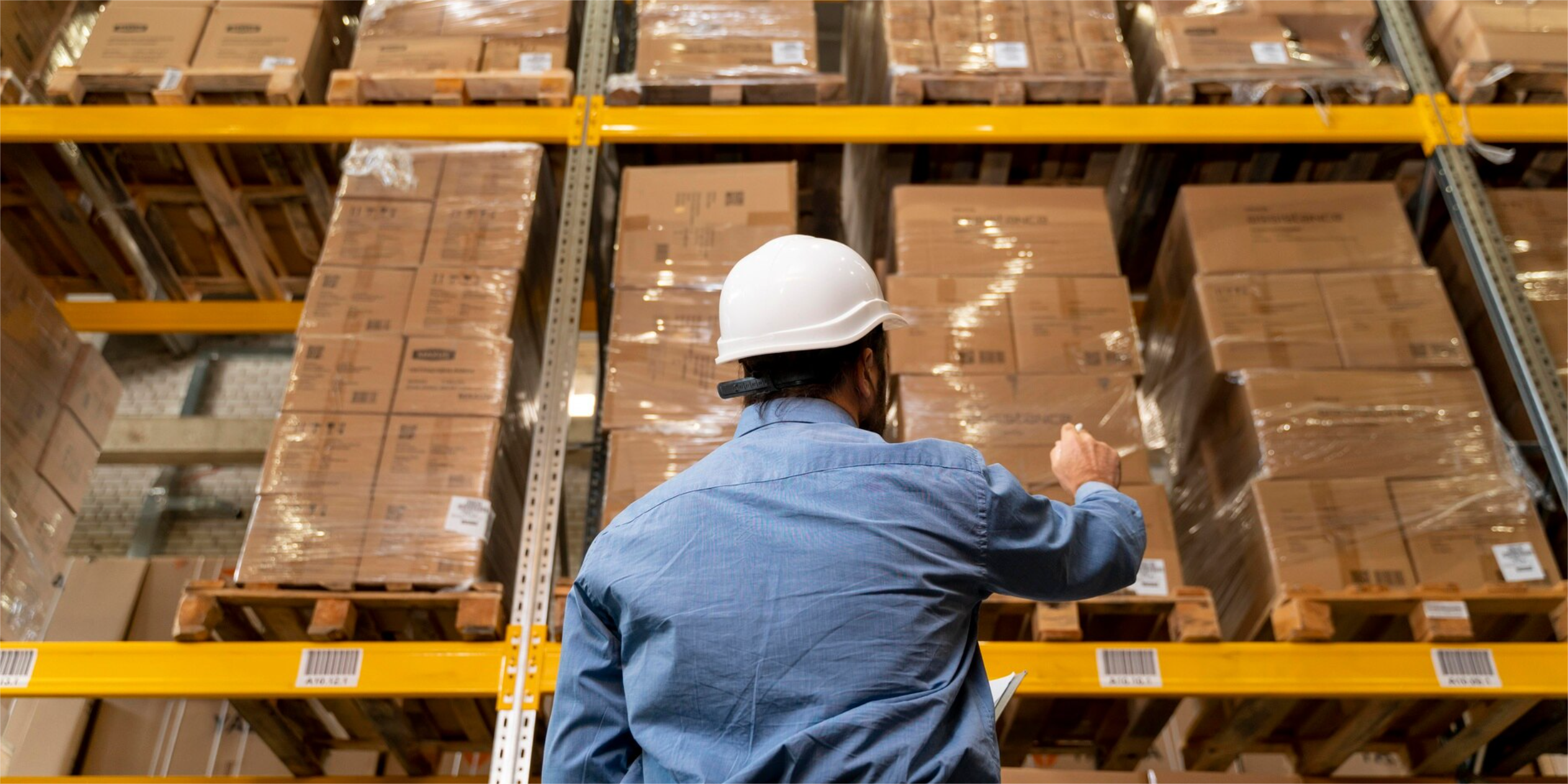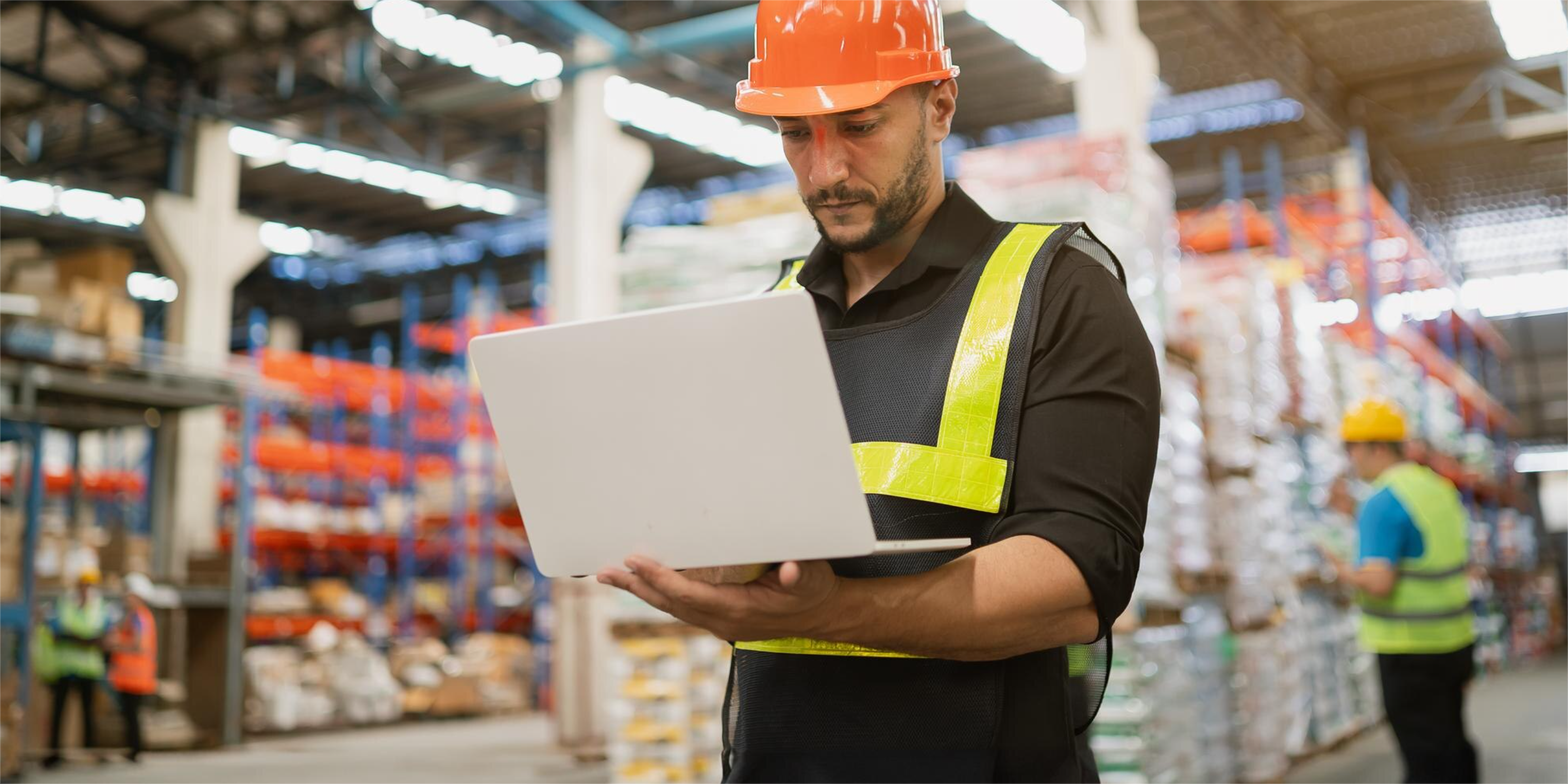The future of outsourced services presents risks and introduces trends linked to the everchanging nature of markets and to the increasing importance of customer service; both of which have an impact on a company’s competitiveness.
What began as a necessary task to make the exchange of goods possible in the era of globalization has now become a strategic issue that involves the whole supply chain: hiring 3PL services.
Since then, thanks to the experience gained in the world of logistics and to the technologies expediting and automating its management, third-party suppliers have become indispensable for companies of all sizes and natures that aim to boost profitability by expanding their markets.
However, the challenges of 3PL are rising together with the demand for their transport, storage, and distribution services.
Transformation of the 3PL industry
It is no longer enough to lower the operational, distribution, and facilities’ costs of companies looking to enter new markets; 3PL suppliers must go further with their offers, creating added value for their clients.
3PL companies must supply clients with their knowledge, skills, and experience to achieve the best customer satisfaction possible, which has become the differentiating factor in highly competitive markets.
Therefore, the collaboration of manufacturers and logistics suppliers on supply chain management has become an important element to boost the competitiveness of companies.
The service they offer does not stop at the physical operation of transportation and inventory management, but also include advice and innovative proposals to improve customer service wherever they are.
More than signing service agreements, this has resulted in strategic partnerships where the logistics supplier becomes an associate that contributes to the creation of value for the company.
In addition, these partnerships have not happened between 3PL suppliers and their clients, but also between logistics companies specializing in the same sector.
Therefore, there has been a consolidation of third-party logistics with a smaller number of larger and more specialized 3PL companies.
Likewise, more specialized services are incorporated every day thanks to the adoption of technologies that bring efficiency, visibility, and speed to the management of clients’ merchandise.
Challenges to overcome
The biggest challenge is the competition for the best talent in the industry; logistics companies are vying to hire employees with the widest experience and knowledge of supply chain management so they can offer clients innovative and timely solutions.
Another challenge is the increasing strictness of domestic regulations regarding freight transportation and customs procedures, which demands not only precision while managing specialized information but also legal knowledge, languages, and negotiation skills.
Lastly, the environmental policies regarding the disposal of hazardous materials create the need to improve reverse logistics’ processes so we can gather obsolete products and handle them properly.
By creating cost-efficient transport and distribution networks and by incorporating the most advanced technologies, logistics companies are offering clients a priceless service; one that, surely, will get even more specialized in the future.
